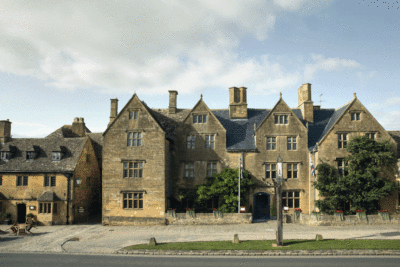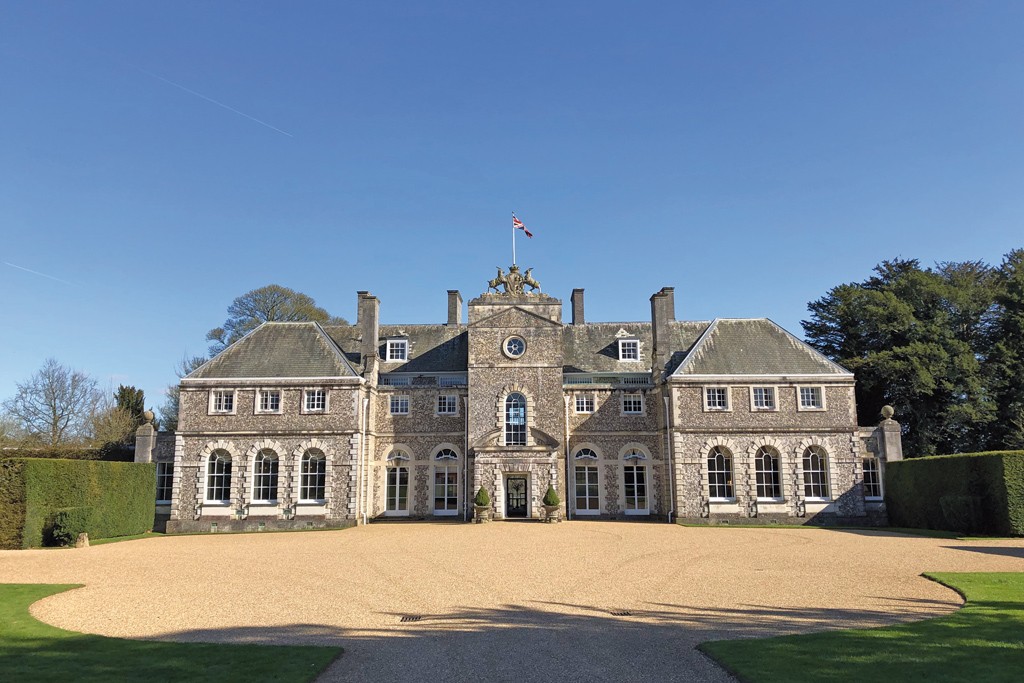
As if lifted from a (particularly English) fairy tale, Farleigh Wallop stands proudly at the end of an ancient tree-lined avenue, fulfilling countryside charm to a T; suffice it to say, you’ll find no electronic key cards here. Owned and tended to by the same family since the 15th century, despite its air of grandeur, Farleigh House is above all a home, and one which now opens its doors for private events, shooting parties, weddings, and exclusive use holidays. Within its Georgian stone walls you’ll find historical treasures, like a 45kg candelabra from when Lord Byron was a guest, living alongside modern flourishes. A staff of five as well as a butler are on hand to assist with everything from the specially selected house wines to coordinating a partridge hunt or organising the horses for a day of riding the estate’s 4,000 acres. In the winter every fire in the house is lit, and come summertime Farleigh Wallop’s meticulously kept gardens are worthy of Wordsworthian prose, and a gentle scull in the lake on ‘Leaky’ the boat will have you waxing lyrical yourself.
Set in the heart of the Hampshire countryside, home to Jane Austen, guests can explore the delights of the 4000 acre estate, visit the nearby historic city of Winchester or enjoy a trip to nearby Downton Abbey.
Tailor made menus created by our in-house chef using locally sourced ingredients and produce from the kitchen gardens. Whether that be a formal meal in the Dining room, a BBQ by the swimming pool or picnic by the lake, our team are on hand to make your stay unique and memorable.
An array of activities can be enjoyed on the estate including horse riding, clay shooting, falconry, wine tastings, beauty treatments and massage.
Nota Bene
Within the orchards at Farleigh Wallop stands a beautiful apple tree. It originates from a cutting of a cutting, taken from the very tree Sir Isaac Newton chose to sit under, just before the penny, or rather fruit dropped in 1666.
